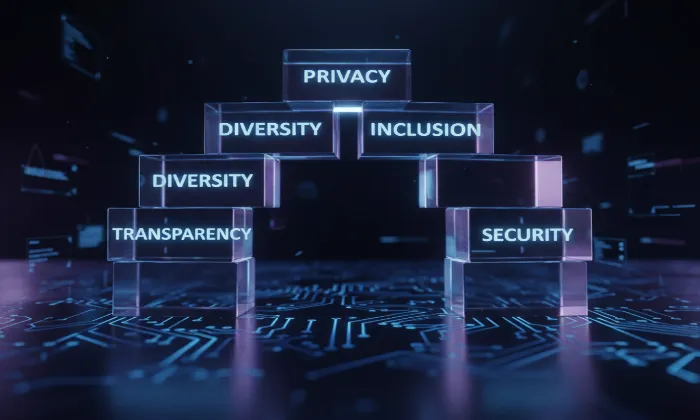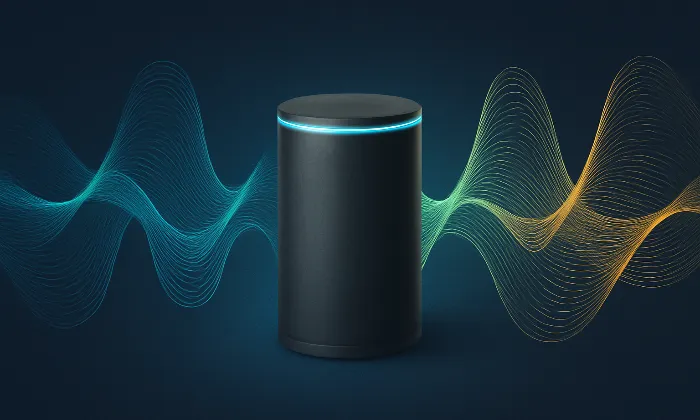What legal consents are required for recording clinical conversations?
Privacy Laws
Healthcare
Compliance
Understanding the legal consents required for recording clinical conversations is essential for healthcare professionals and AI developers working with medical data. This involves navigating regulations that protect patient privacy while enabling advancements in healthcare technologies.
Key Legal Requirements for Recording Clinical Conversations
To legally record clinical conversations, several critical steps must be followed to ensure compliance and maintain patient trust:
- Informed Consent: This is the cornerstone of legal compliance. Patients must be fully informed about:
- The purpose of the recording.
- How their data will be used, stored, and shared.
- Their right to withdraw consent at any time.
- Documentation of Consent: Consent should be documented through clear and concise forms, free from legal jargon, to ensure patient understanding. This documentation should outline the specifics of data use and storage.
- Anonymization and De-Identification: To further protect patient identity, recordings should be anonymized. This involves removing identifiable information, which reduces legal risks and increases patient trust.
- Compliance with Local Laws: Legal requirements differ by region. For instance, some areas require all parties to consent to a recording, while others may only require one. Knowing and adhering to these local regulations is crucial.
Importance of Legal Consents in Clinical Recordings
Ensuring legal consents are properly managed is not just about compliance; it ensures patient autonomy and privacy. Breaches can lead to legal liabilities, such as fines or lawsuits, and damage the organization’s reputation. Ethical lapses can also erode patient trust, which is fundamental to effective healthcare delivery.
Implementing Effective Consent Processes in Healthcare
- Training Staff: Healthcare providers and AI developers must understand the importance of consent. Training sessions can ensure that all personnel are aware of the legal requirements and ethical implications.
- Clear Communication: When informing patients about recordings, clear communication is key. Explain that the data is used to improve medical services or enhance AI systems designed for healthcare.
- Regular Audits: Conducting regular audits of consent processes can help identify gaps or areas for improvement, safeguarding against potential legal issues and enhancing healthcare practices.
Common Mistakes in Consent Management
A frequent mistake is assuming verbal consent suffices without proper documentation. Relying solely on verbal agreements can lead to disputes and undermine the legitimacy of data use. Additionally, not adapting consent processes to digital platforms can hinder the implementation of innovative healthcare solutions, especially as telehealth becomes more prevalent.
Navigating the legal landscape of recording clinical conversations is complex but essential. By prioritizing informed consent, ensuring compliance with local laws, and maintaining transparency with patients, organizations can mitigate legal risks and build trust in their data practices. This foundation not only protects patient rights but also enhances healthcare delivery quality. For healthcare projects requiring ethically compliant data, FutureBeeAI offers solutions that align with global privacy standards, ensuring both legal adherence and technological advancement. Additionally, for those interested in doctor-patient conversation datasets, FutureBeeAI provides resources that are compliant with privacy regulations.
FAQs
Q. What happens if consent is not obtained before recording?
A. Failing to obtain consent can result in legal consequences, including fines, lawsuits, and reputational damage. It can also prevent the use of recorded data for research or AI training.
Q. Can recordings be used for AI training without patient consent?
A. No, recordings require explicit patient consent for AI training. Anonymization alone does not replace the need for consent, especially in jurisdictions with strict privacy laws.
What Else Do People Ask?
Related AI Articles
Browse Matching Datasets
Acquiring high-quality AI datasets has never been easier!!!
Get in touch with our AI data expert now!








